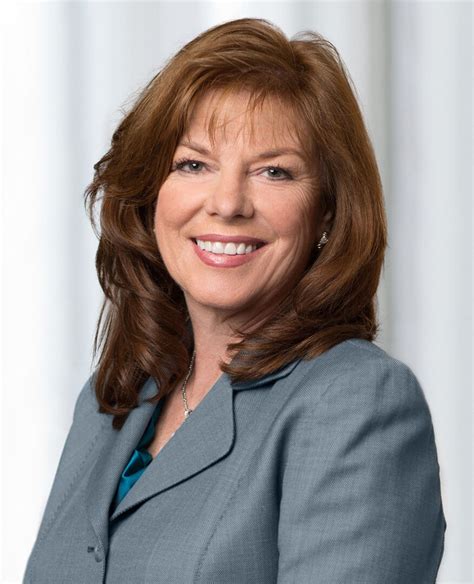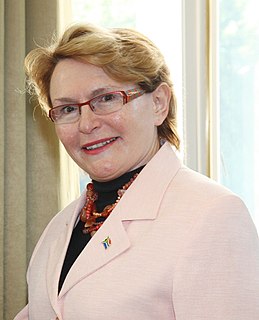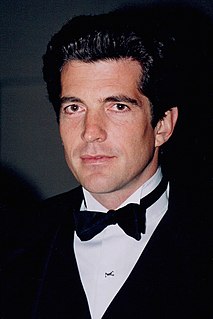A Quote by Debra L. Reed
People with the same information often make the same decisions.
Related Quotes
A hundred years ago-even 20 or 30 years ago-it was possible, if not always easy, to close major business by calling on and satisfying a key decision-maker. Today, every piece of business entails multiple decisions, and those decisions are virtually never made by the same person. Not only do you have to contend with multiple decisions, but the people who make those decisions may not even work in the same place.
Between Twitter and Facebook I have nearly 70,000 followers, so my colleagues receive the responses. They show some of them to me, and I am always interested to read what people have to say. I filter all the information that reaches me, from letters in the newspaper, to conversations. There are many influences that shape my decisions, and often people on Twitter are thinking along the same lines as I do on an issue.
Maybe when the President tells you that you should be afraid of Mexicans or Muslims or Jews or black people or gay people or trans people, you'll realize that those are just labels, that underneath it all we're all the same people, we all have the same aspirations, the same hopes, the same desires, that we all share the same values.
I don't think we should have less information in the world. The information age has yielded great advances in medicine, agriculture, transportation and many other fields. But the problem is twofold. One, we are assaulted with more information than any one of us can handle. Two, beyond the overload, too much information often leads to bad decisions.



































